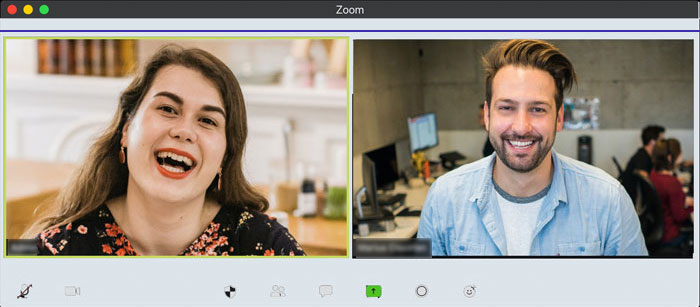 “Working in the C-suite obliged me to refine my speech and presentation skills.”
“Working in the C-suite obliged me to refine my speech and presentation skills.”
“I knew that I needed to improve my English to further develop my career…”
“I often experienced prejudice because of my accent, as if I were unsophisticated…”
“He is too direct and speaks over people at times – perhaps it is cultural.”
People come to us for a variety of reasons – pronunciation, culturally appropriate communication, complicated grammatical structures, conversation, listening comprehension, presentation skills – but always at the level of REFINING.
Our clients are internationally trained professionals, fluent in English, with years of working experience in English environments. Often the key that brings them to us is a potential or recent promotion which requires more sophisticated language and culturally effective behaviour. They may be self-identified or referred to us by a manager or HR staff. After an assessment and training recommendations, we start one-on-one training, generally online for an hour or two per week.
What are some examples of clients’ needs?
- A CEO whose strong accent made it difficult to deliver effective presentations.
- An engineer, used to working in the field with construction workers, who needed to adjust his communication style to the Board room environment as well as his attitude towards a female director.
- A recently-hired compliance manager who spoke well but suffered from insecurity about her communication skills.
- A senior executive whose body language and voice caused her colleagues, mostly male, to pay little attention to her when she spoke in meetings.
- A police officer whose unclear speech created a potential risk while on duty.
- An actor who wanted to break out of his ethnic casting and be eligible for a wider range of roles.
- An engineer who made an expensive error due to weak listening skills and a resistance to asking for clarification.
- A CIO who couldn’t hear his upward intonation and ended up being able to sing on pitch!
- A PhD student who mumbled after learning English from his teenage friends.
- An engineer with strong professional skills and a sophisticated image which was weakened due to poor grammar.
- A senior accountant who wanted to write more effectively in her business communications as well as her academic requirements.
- An operations manager who was overly direct, spoke too fast and preferred email over face-to-face conversation.
- A customer service employee who avoided small talk and was short with people on the telephone and sounded rude.
- An accounts manager who could speak very well in a one-on-one situation but was unclear and unsure in a group.
Where do our clients come from?
Our clients come from all over the world. Sometimes, due to the nature of the native language and/or culture, similar issues arise. For example, someone from Eastern Europe may avoid small talk or be very direct. Someone from East Asia may talk very quietly and have a strong accent. Someone from Latin America may not wait for others to complete their sentences or stand too close to others.
But such concerns are universal – issues of clarity, cultural expectations, feelings of insecurity, the need to perfect and refine communication skills, etc. are not tied to any one cultural or linguistic background.
How can we approach an employee to suggest communications training?
A common concern is that recommending training might result in offending the employee or, worse yet, accusations of discrimination. It can be a delicate situation and self-identification is always preferable.
We suggest framing it within the context of professional development. Many of the communication skills we teach are skills we learn as we grow and gain experience. We all need to continually learn professional communication skills. So, framing the discussion as support to improve and develop professional communication skills in general can be a way to approach the discussion.
Most employees will be happy to have the company’s support to improve their communication skills and professional image. There may be resistance from some people who feel their English is perfectly fine, especially those who have been speaking it much of their lives. The key is that people they work with understand them easily, not that there is anything “wrong” with their accent. They do have to be on board, though, for any progress to be made, especially in the area of accent reduction.
What is the first step?
The first step is an assessment. This allows the client to meet the trainer, receive initial feedback about their communication skills and understand expectations both in commitment and results. The assessment is a first step only and does not obligate commitment to training.
Please contact us for more information or to discuss a potential assessment.

